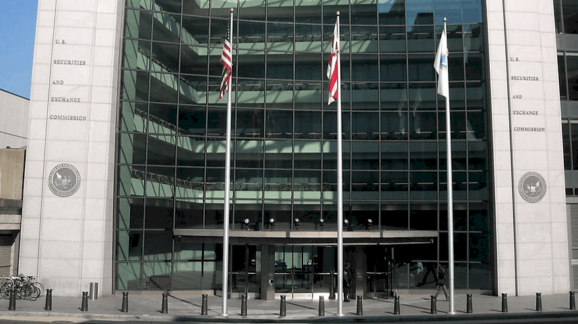There are two main areas in which Congress can enact meaningful reform. The first is to rein in regulatory guidance documents, which we refer to as “regulatory dark matter,” whereby agencies regulate through Federal Register notices, guidance documents, and other means outside standard rulemaking procedure. The second is to enact a series of reforms to increase agency transparency and accountability of all regulation and guidance. These include annual regulatory report cards for rulemaking agencies and regulatory cost estimates from the Office of Management and Budget for more than just a small subset of rules.
In 2019, President Trump signed two executive orders aimed at stopping the practice of agencies using guidance documents to effectively implement policy without going through the legally required notice and comment process.
Featured Posts

Blog
The CAT’s nine lives could be up
The 11th Circuit Court of Appeals recently vacated a funding proposal for the Securities and Exchange Commission’s (SEC) largest regulatory program to date. Known…

Blog
The week in regulations: Nuclear coolant and medical food
President Trump’s Liberation Day tariffs are set to take effect on August 7 for countries he did not strike deals with. He is also ending…

Blog
How ‘Unrules’ are powering down the bureaucracy
The year 2025 may be remembered as the year regulation hit pause. As of the end of July, 1,518 finalized federal rules have been published…
Search Posts
Blog
CEI Weekly: CEI Joins Push for Privacy Reforms
CEI weekly is a compilation of articles and blogs from CEI's staff. This week features CEI's involvement in the Digital Due Process coalition to preserve…
Blog
Car buyers rejecting “Toyota Terror” accusations
“Terror on the Roads: Runaway Toyotas,” was the title of an entry on a prominent Brazilian blog March 31. But today Toyota Motor Sales…
Blog
Menthol cigarettes aren’t cool to the FDA
In what could be one of its most paternalistic moves, the Food and Drug Administration is considering banning menthol in cigarettes – not because…
Blog
The Case Against Subsidized High-Speed Rail
President Obama’s stimulus package set aside $8 billion in subsidies for high-speed rail projects in the United States (known as the High-Speed Intercity Passenger Rail…
Blog
Bailout Watch: Union and Public Employee Pensions
As the strain on state and local government budgets around the country worsens, public employee unions have gone on the defensive, painting themselves as scapegoats…
Blog
Regulation of the Day 131: Airport Vendors
Laws are supposed to be made by legislative branch, not the executive. What we have here is one more case of regulation without representation, out…
Staff & Scholars

Clyde Wayne Crews
Fred L. Smith Fellow in Regulatory Studies
- Business and Government
- Consumer Freedom
- Deregulation

Ryan Young
Senior Economist
- Antitrust
- Business and Government
- Regulatory Reform

Fred L. Smith, Jr.
Founder; Chairman Emeritus
- Automobiles and Roads
- Aviation
- Business and Government

Sam Kazman
Counsel Emeritus
- Antitrust
- Automobiles and Roads
- Banking and Finance

Marlo Lewis, Jr.
Senior Fellow
- Climate
- Energy
- Energy and Environment